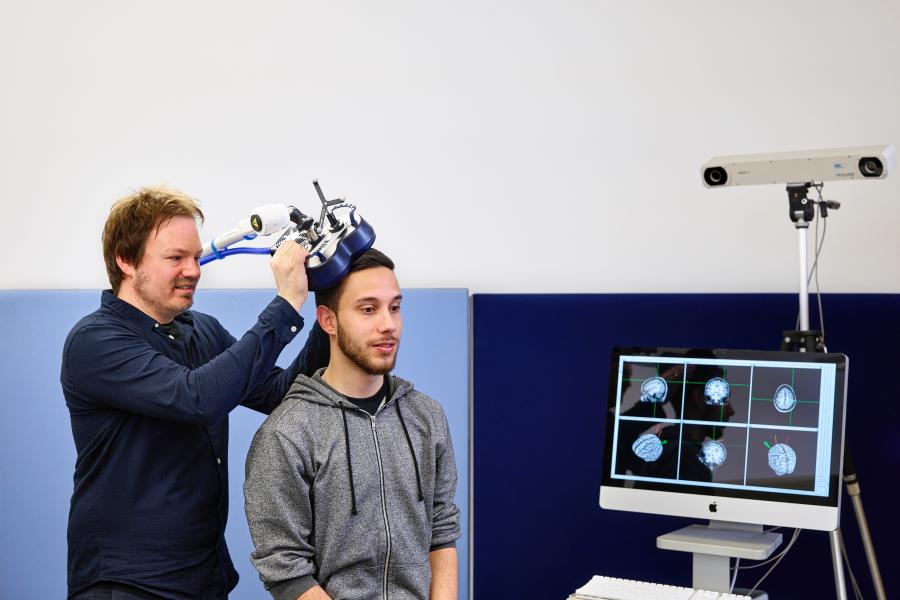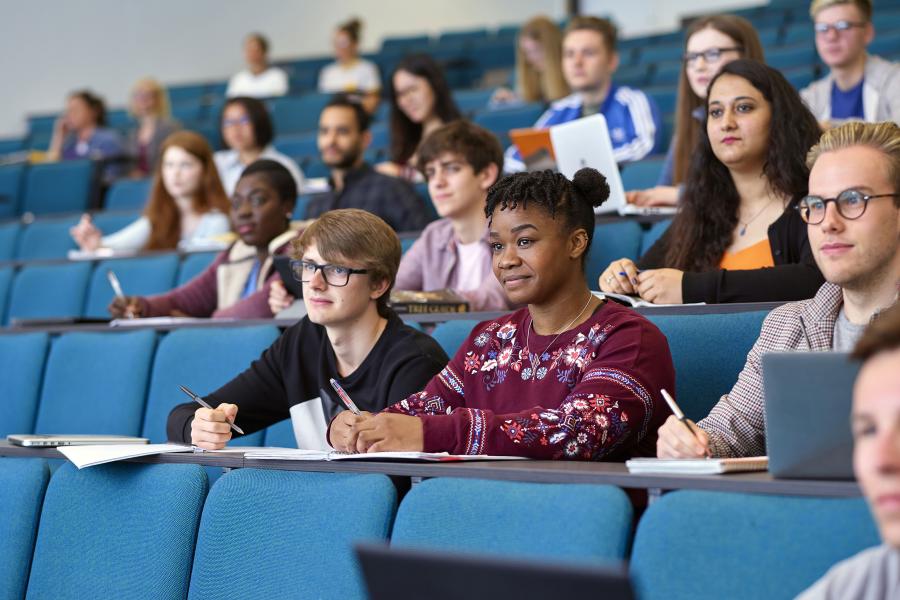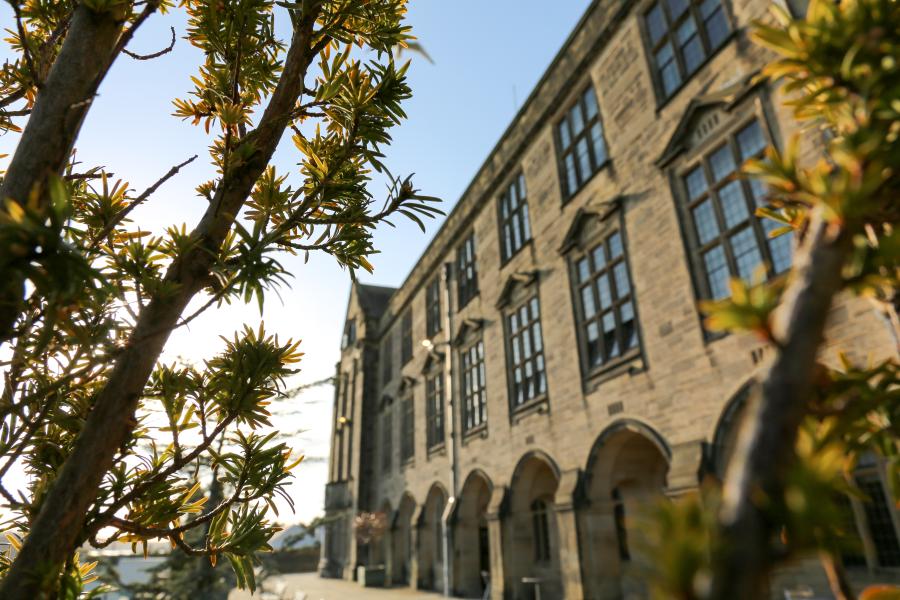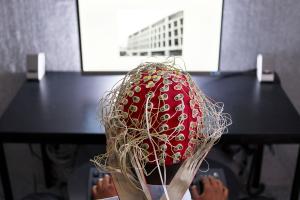Why Study Applied Psychology?
We offer a wide range of courses in applied psychology subjects. All of them share the goal of translating psychological research into real life actions. Rather than just testing abstract theories in the lab, you will look to implement and test theories in everyday settings, with the purpose of making a difference in people’s lives or changing how organisations operate.
- Bangor Psychology is a large and cosmopolitan department with staff and students from all over the world
- In the most recent Research Excellence Framework, 85% of our research was considered either 'Internationally Excellent' or 'World-leading'
- Bangor Psychology was established in 1963 making it amongst the oldest in the UK
- We have many specialist research labs including an MRI scanner, TMS Labs, EEG facilities and a human brain anatomy laboratory
At Bangor you can focus your study of applied psychology in a number of areas:
- Counselling – you'll be trained on how to provide professional advice when resolving personal or psychological problems.
- Counselling and Young People - The Bangor University Postgraduate Diploma (PGDip) in Counselling Young People and Children is a rigorous, professional diploma for counsellors and psychotherapists who wish to extend their practice into this specialist area.
- Clinical and Health Psychology - if you are interested in promoting health and well-being (while preventing illness and disability) this course will give you an understanding of the main tools necessary to implement clinical services across a range of populations and contexts.
- Mindfulness – gives you specific training on how to practice Mindfulness techniques as well as how to teach others, including all their therapeutic applications. Find out more about Bangor University's Centre for Mindfulness Research and Practice.
Watch - MSc Counselling
Our MSc in Counselling at Bangor University aims to prepare you to take an active role as a member of the professional counselling/ psychotherapy community. This course explores a range of psychological approaches and therapeutic methods to provide holistic training in adult counselling.
Career Opportunities in Applied Psychology
On graduating with a master's degree in an area of applied psychology, there are a range of career options available including:
- Forensic Psychology
- Educational Psychology
- Organisational/ Business Psychology
- Clinical Psychology
- Sports Psychology
- Health Psychology
- Counselling
- Consumer Psychology
Beyond directly related careers such as these the key skills taught at master's level are attractive to a range of employers. You’ll graduate with highly developed analytical and statistical knowledge, as well as skills in oral presentations and written reports. You can also use your applied psychology master's degree for further PhD study or other professional doctoral degrees.
As the need to understand and predict human behaviour expands the need for applied psychologists will continue to grow, meaning your skills and understanding will continue to be in demand by a wide variety of employers.
Our Research in Applied Psychology
Our research reflects two key approaches. First is the development and study of interventions to promote well-being, from early childhood to older age. Intervention was at the heart of the School’s agenda at its inception more than 50 years ago, and remains central to our research identity today. Our second key approach is cognitive neuroscience, where we have invested heavily in staff and specialised research facilities, to investigate perception and action; language and development; and social cognition.
You may also be interested in these related subject areas.
You may also be interested in these related subject areas.












